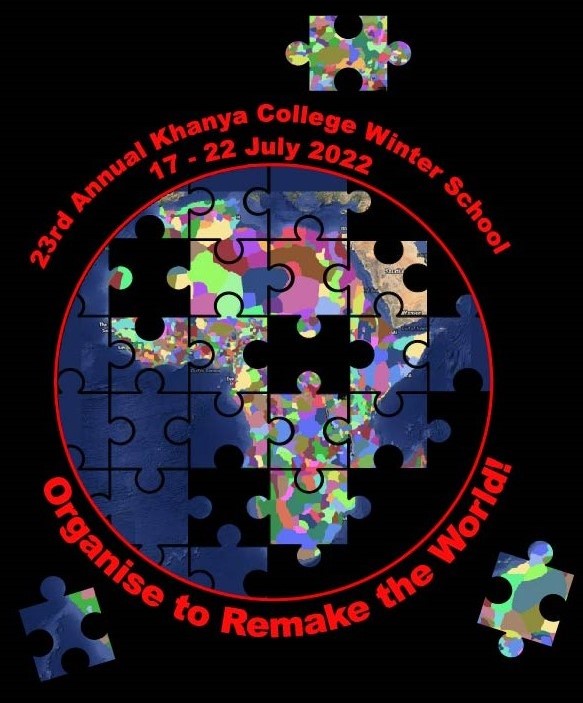Health Care in South Africa is amongst the many services divided by class. There is private health care for the rick and public health care for the poor. Like all state entities, the government has destroyed the public health care, many of the public hospitals are hanging by a thread, they do not have resources, under staffed, unprofessional staff, the list goes on. Visiting a public clinic or hospital is a nightmare for many working classes, some hospitals like Tembisa Hospital and Rahima Moosa Mother and Child Hospital have been labelled hospitals of hell because of the sheer neglect of patients. It seems safer to stay home with your sickness than to go to hospitals and be met by rude nurses, long lines, poor services and lack of medications.
It doesn’t come as a surprise though those members of the public are treated this way, the Department of Health (DoH) can’t even treat its own workers decently. Community Healthcare Workers (CHWs) are the corner stone of health care. They are the face of DoH in communities. They visit patients in their homes, ensure they get medication etc, they risk their lives every day, walking into people’s houses, yet their work is not recognised and DoH insists on keeping them on short term contracts without benefits. After a long struggle, only Gauteng won the victory and became permanent workers of DoH. They too are victimised by rude nurses and terrible working conditions in clinics and hospitals. In most clinics and hospital, nurses work with impunity and have no regard for their patients and the CHWs. According to Nomalizo Sizani, a CHW from North West, nurses even have bad relations with community members, CHWs are the ones who have a built a good relationship with the communities.
Caroline Ockhuis from Western Cape, is amongst millions that have experienced and observed bad treatment in public health care facilities “In our clinic you, you come early in the morning but get attended around 15:30. One of our members passed away after sitting in the hospital chairs for two days and when she eventually got attended the treatment was bad and she was not properly treated. We have demonstrated outside the clinic but nothing has changed”
This article was submitted as part of the Imbila Yesu publication produced daily for the duration of the Winter School in 2022 (17-22 July 2022). It appeared in Edition 1, released on 20 July 2022.
You may republish this article, so long as you credit the author and Karibu! Online (www.Karibu.org.za), and do not change the text. Please include a link back to the original article.


 Download PDF
Download PDF